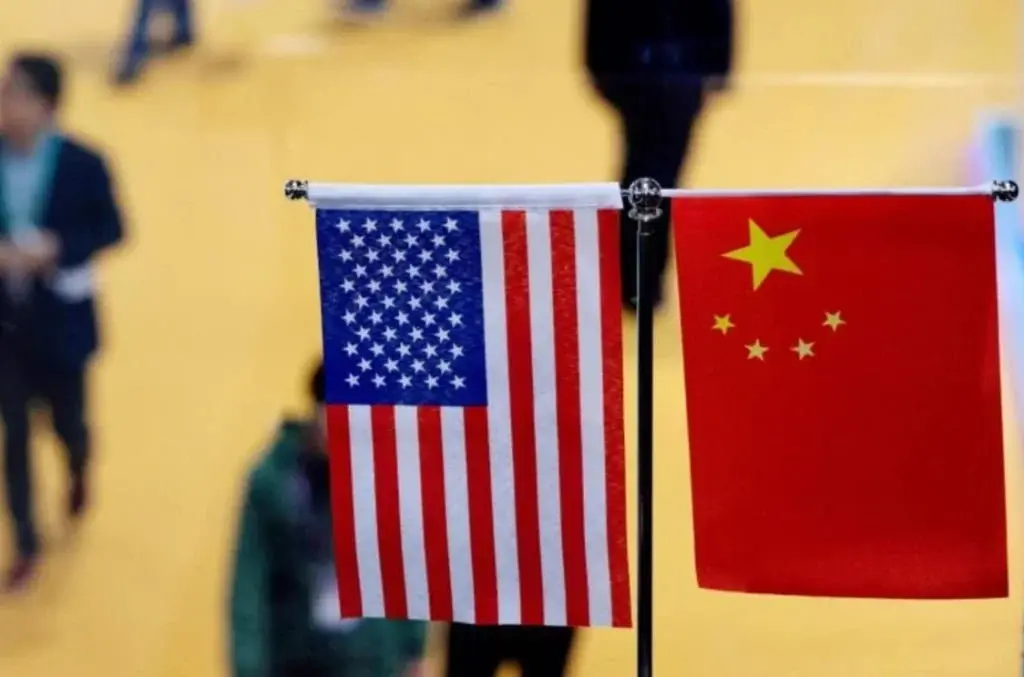U.S. Government Allows Chinese-Sourced Minerals in EV Batteries for Tax Credits
The U.S. government’s recent decision to temporarily allow the use of Chinese-sourced critical minerals in batteries for electric vehicles (EVs) eligible for federal tax credits has sparked mixed reactions. While it may seem like the best outcome in the current situation, the move highlights the complexity of the global EV supply chain and the industry’s reliance on China for essential minerals and parts.
The Inflation Reduction Act (IRA) and EV Tax Credits
This decision is a part of the broader Inflation Reduction Act (IRA), which aims to address climate change through a $360 billion investment in renewable energy. The updated guidelines allow 200,000 EV buyers per manufacturer to benefit from a $7,500 tax credit. Starting in 2024, these rules will also include completed batteries and extend to the minerals used in their production by 2025. However, companies associated with North Korea, Iran, Russia, and China, known as “foreign entities of concern,” will face scrutiny under these regulations.
GM Supports the Decision, Uncertainty for the Industry
General Motors (GM) has welcomed this decision, as it allows them to maintain consumer incentives for their EVs. GM emphasizes its investment in U.S. operations and efforts to create resilient supply chains. However, the implications for the broader industry remain uncertain, as only a fraction of the current EV models qualify for the tax credit under the new rules.
Political Debate and Geostrategic Competition
This decision has sparked political debate, with many U.S. lawmakers, particularly Republicans, criticizing the temporary exemption for Chinese minerals. They view it as prioritizing EV interests over national concerns. This controversy highlights the broader geostrategic competition for control over critical mineral supply chains. The urgency of transitioning to renewable energy sources has intensified this contest.
Overall, the U.S. government’s temporary allowance of Chinese-sourced minerals in EV batteries for tax credits reflects the complexities of the global EV supply chain and the industry’s dependence on China. While it may have mixed reactions, it is a step towards addressing climate change and promoting the adoption of electric vehicles. However, the implications for the industry and the ongoing geostrategic competition for critical mineral supply chains remain uncertain.


Leave a Reply